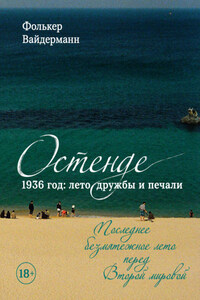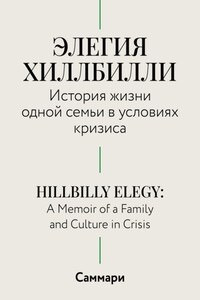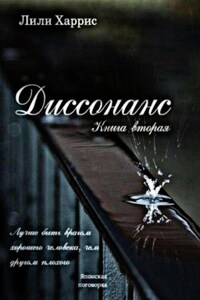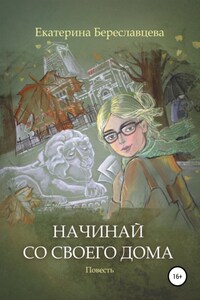First published in Great Britain by HarperCollins Children’s Books 2015
HarperCollins Children’s Books is a division of HarperCollinsPublishers Ltd,
1 London Bridge Street
London SE1 9GF
The HarperCollins Children’s Books website address is
www.harpercollins.co.uk
Text copyright © Stacy Gregg, 2015
Covert art © Shutterstock
Stacy Gregg asserts the moral right to be identified as the author of this work
A catalogue record for this book is available from the British Library
All rights reserved under International and Pan-American Copyright Conventions. By payment of the required fees, you have been granted the non-exclusive, non-transferable right to access and read the text of this e-book on-screen. No part of this text may be reproduced, transmitted, down-loaded, decompiled, reverse engineered, or stored in or introduced into any information storage and retrieval system, in any form or by any means, whether electronic or mechanical, now known or hereinafter invented, without the express written permission of HarperCollins.
Source ISBN: 9780008124304
Ebook Edition © ISBN: 9780008124328
Version: 2015-06-19
It was almost midnight when I turned down the steep cobbled streets into the Via di Vallerozzi. I walked alone except for my shadow, a black companion in the lamplight.
At the entrance to the Contrada of the Wolf I raised my eyes to the bell tower and felt the knot in my belly tighten. I stepped up to the door and knocked, rapping four times then four again. Then I waited, counting my heartbeats. I was about to try once more when I heard footsteps and then the creak of ancient hinges as the heavy oak door opened.
The guardsman, thin and sallow-skinned, shoulders hunched with age, poked his head out. He looked at me warily.
“Hello, signor …” My accent gave me away straight off. I didn’t have the chance to say anything more.
“No tourists, Americano!” the guardsman grunted dismissively. “Not on the night before the Palio.”
He began to close the door and I had to thrust my arm out to stop it shutting in my face.
“I’m not a tourist!” I insisted. “I’m Lola. Lola Campione.”
I had expected my name to mean something to him, but there was no flicker of recognition on his stony face.
“Go find the Capitano. Tell him I’m here.”
The guardsman didn’t move. “The Capitano is in a meeting. Very important. He cannot be disturbed.” He pushed the door and I felt it closing against me.
“No! Please don’t –”
“Drago!”
From behind the guardsman a voice rang through the dark corridor.
“Come now, Drago,” the voice said. “Do you not recognise this girl? This is the fantino herself. Let her in.”
The guardsman hesitated, the look on his face made it plain that he was unimpressed. You’re kidding me, right? This twelve-year-old kid’s the fantino? Then, grudgingly, he did as he was told, releasing his grip on the door so that I could push it wide enough to move past him and come inside.
The hallway was lit by oil lamps that illuminated the dusty paintings on the wood-panelled walls. In this gloomy half-light a man with thick black hair, a sculpted beard and dark eyes stood in the centre of the room, dressed in floor-length black and white robes trimmed with brilliant orange.
“Hello, Capitano,” I said.
“Good evening, Lola,” he replied. “We were not expecting you tonight. Is something wrong?”
“I couldn’t sleep,” I said. “I was worried about Nico.”
“I am touched by your concern,” the Capitano said, not sounding touched at all. “I can assure you he is quite safe and well.”
“I need to see him,” I said. “I won’t leave until I know he’s OK.”
“It is not possible, Lola,” the Capitano replied. “No one can see him tonight, not even you.”
He grasped my arm and began to escort me back towards the front door. “You should go home. Get some sleep …”
I resisted, jerking my elbow away and pulling free of him. Standing at his post by the door the guardsman saw me do this and reached for his sword. The Capitano had to raise his hand to quell him.
“Lola, I have no time for this.” The Capitano glanced anxiously over his shoulder into the darkness of the hallway. From a room at the far end, I could hear the muffled voices of men arguing in rapid-fire Italian.
“The rival contradas are here,” he said. “We are discussing arrangements for the race tomorrow. I must ask you to leave.”
The Capitano resumed his attempts to usher me to the door. I could see he was losing his patience, but I stood my ground.
“Let me see Nico. Please, Capitano? I’ve come all this way …”
When I said this, I only meant that it was a long distance to walk here, all the way from the villa, but the Capitano seemed to think my words had a deeper meaning.











